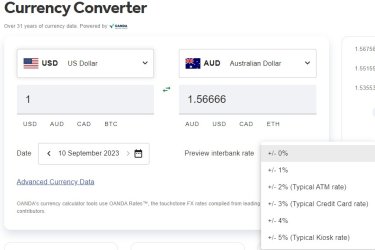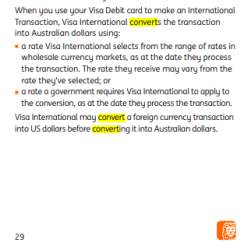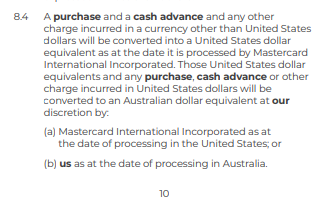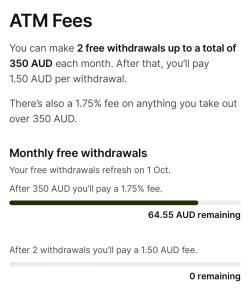bernardblack
Established Member
- Joined
- Sep 2, 2015
- Posts
- 1,226
Is Citi Plus still the best option for overseas cash? Obviously I haven't done a lot of international travel since 2019.
If I have to open some other account it might be time to get started, since we depart in five weeks.
(I'm set for FX-fee-free purchases, with a US Amex Gold backed with a Coles Rewards Mastercard and a Bundll account which charges to my Dragon Visa.)
If I have to open some other account it might be time to get started, since we depart in five weeks.
(I'm set for FX-fee-free purchases, with a US Amex Gold backed with a Coles Rewards Mastercard and a Bundll account which charges to my Dragon Visa.)





















